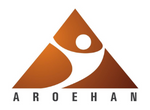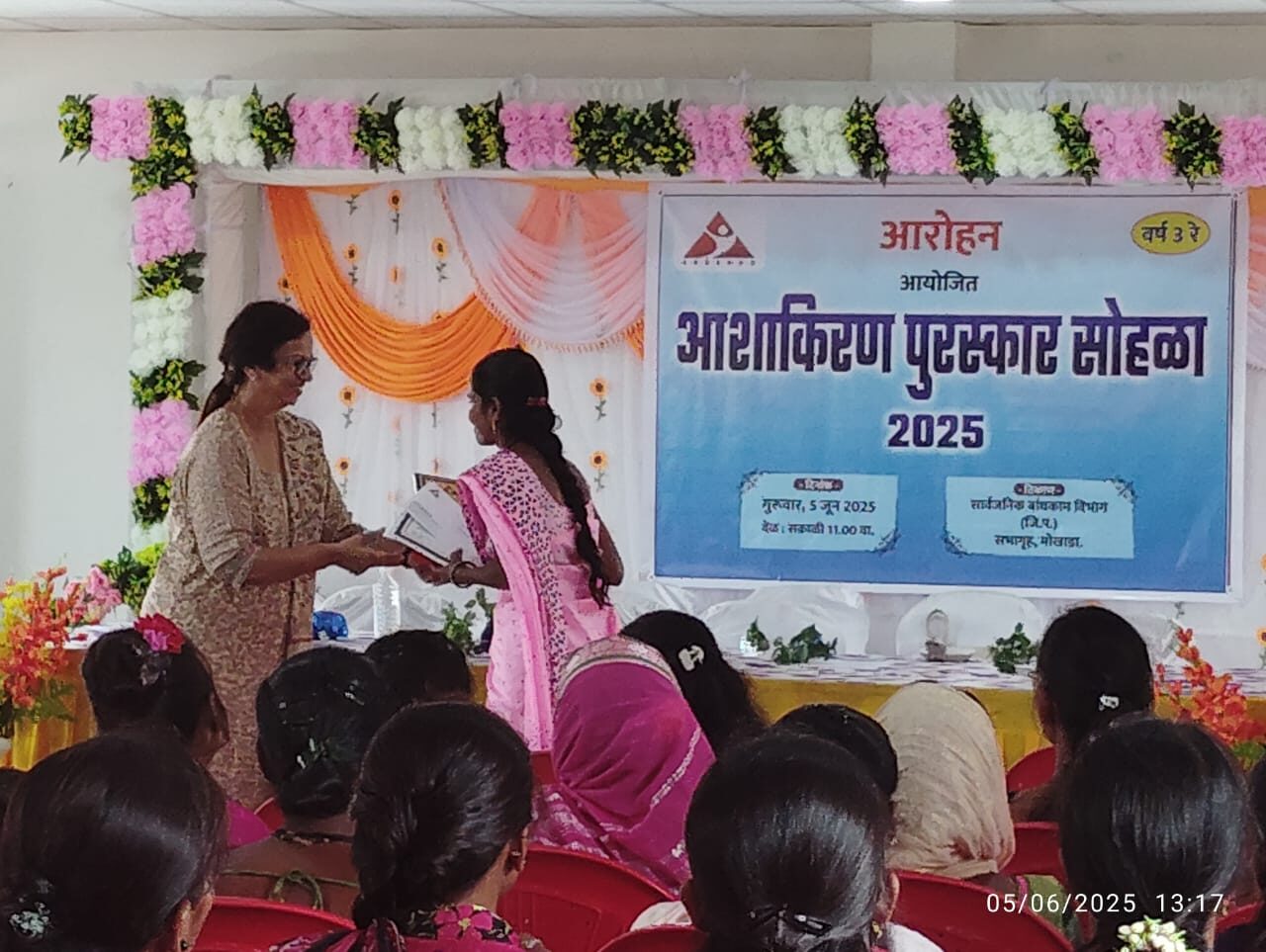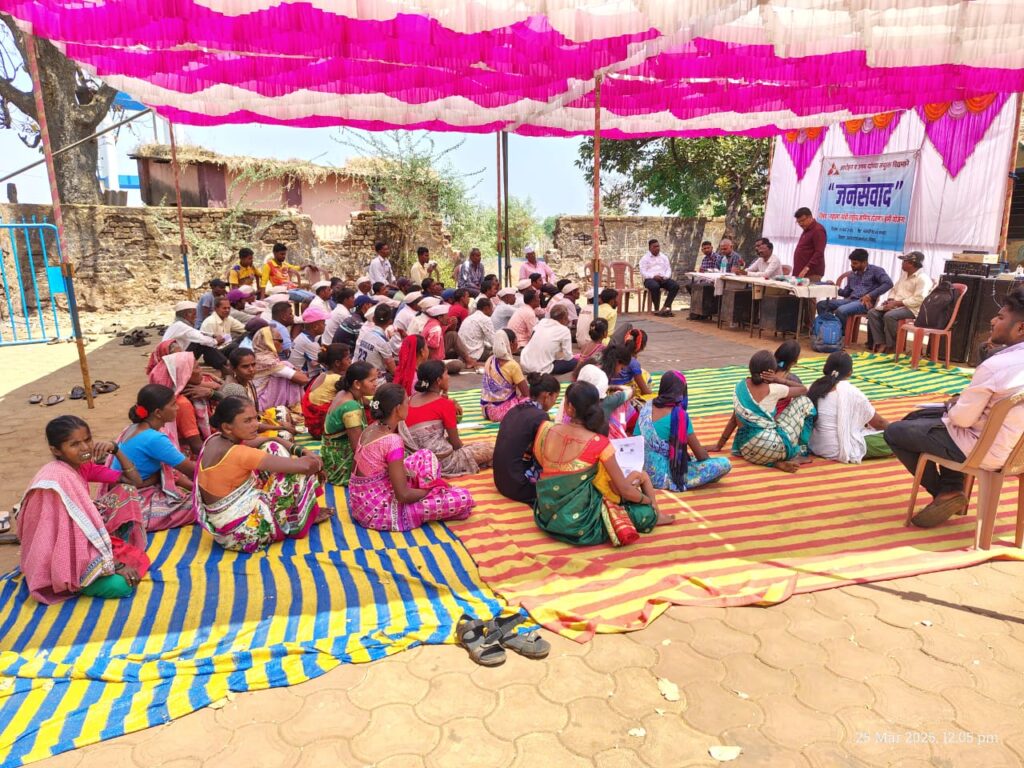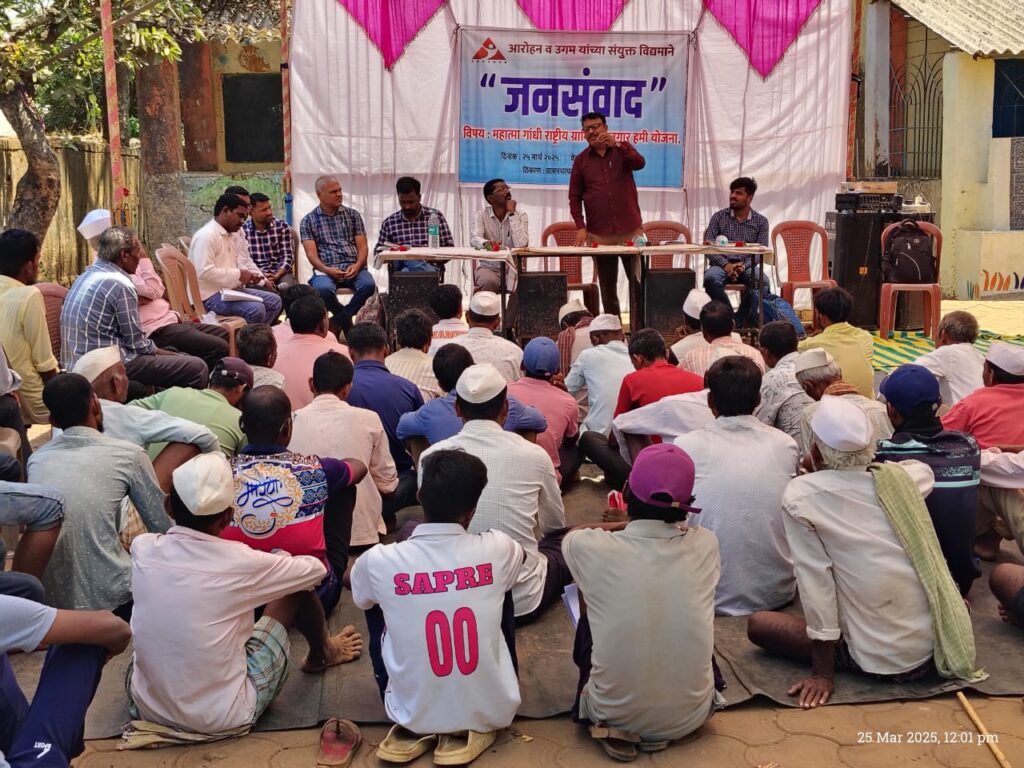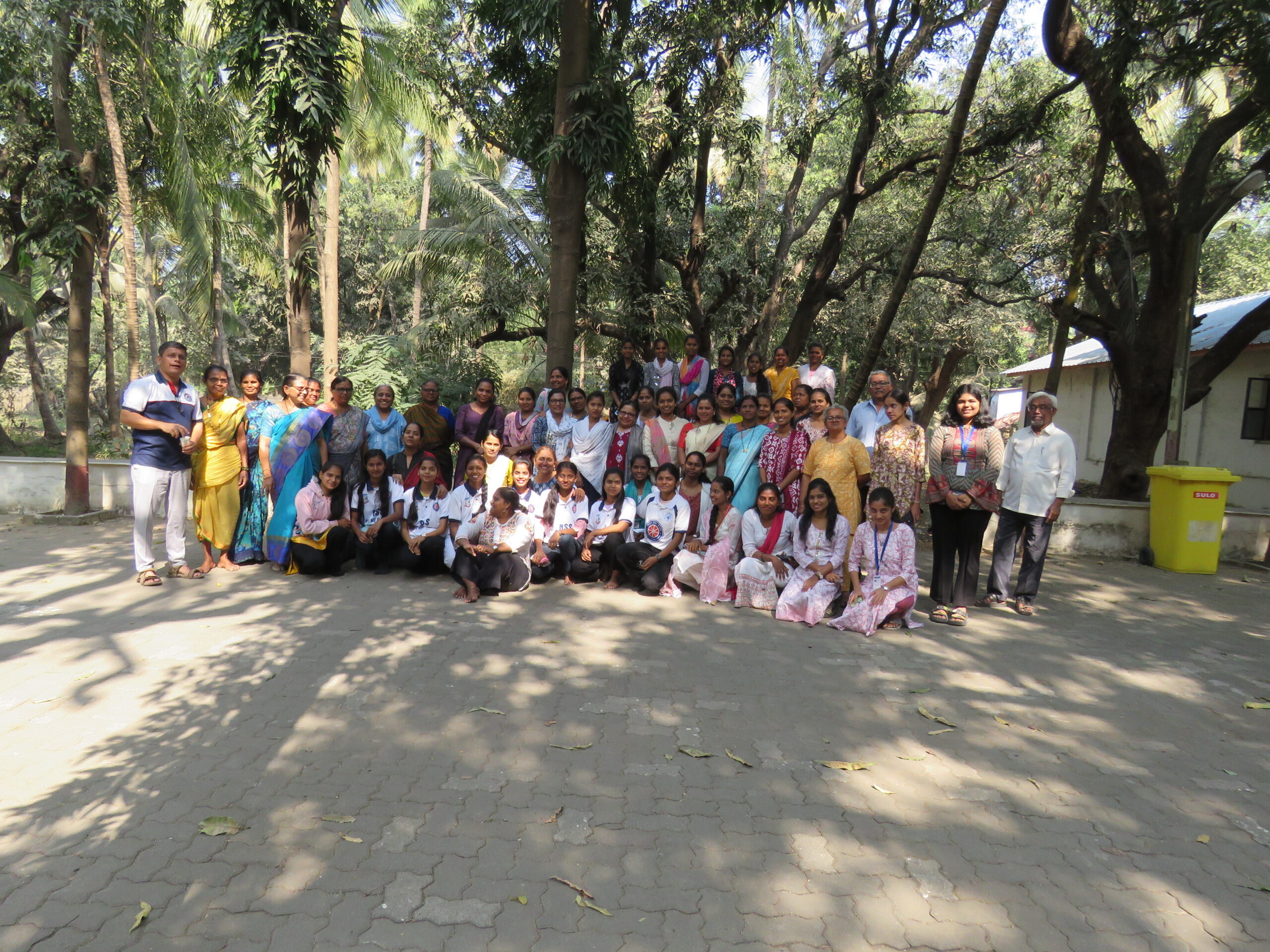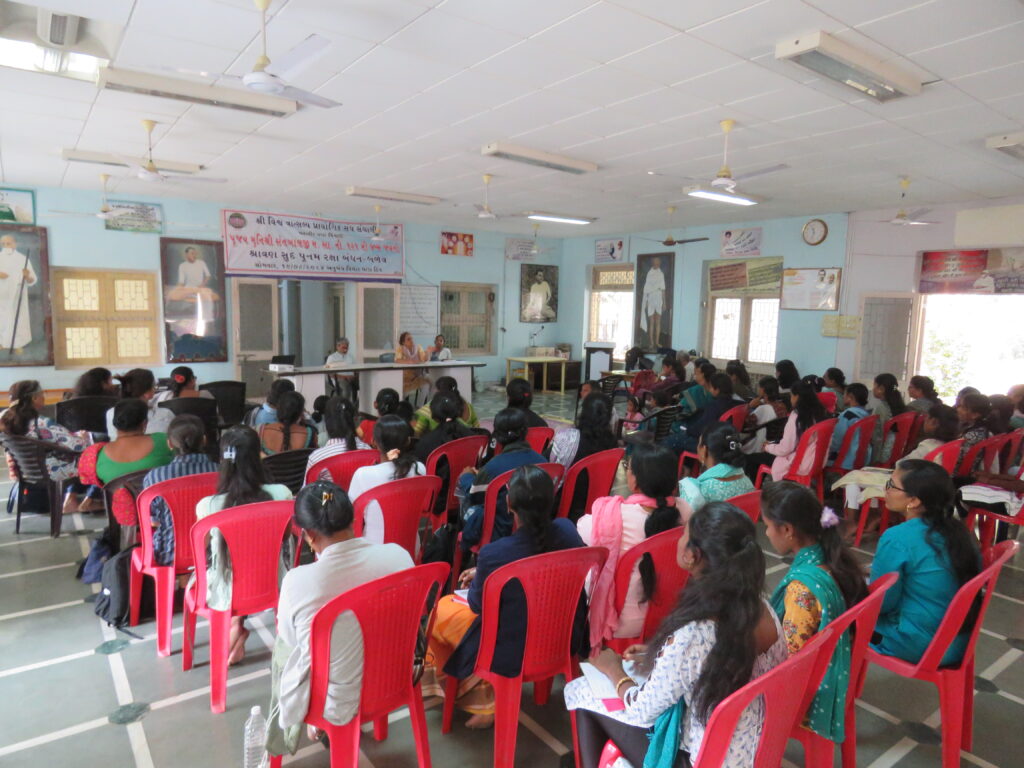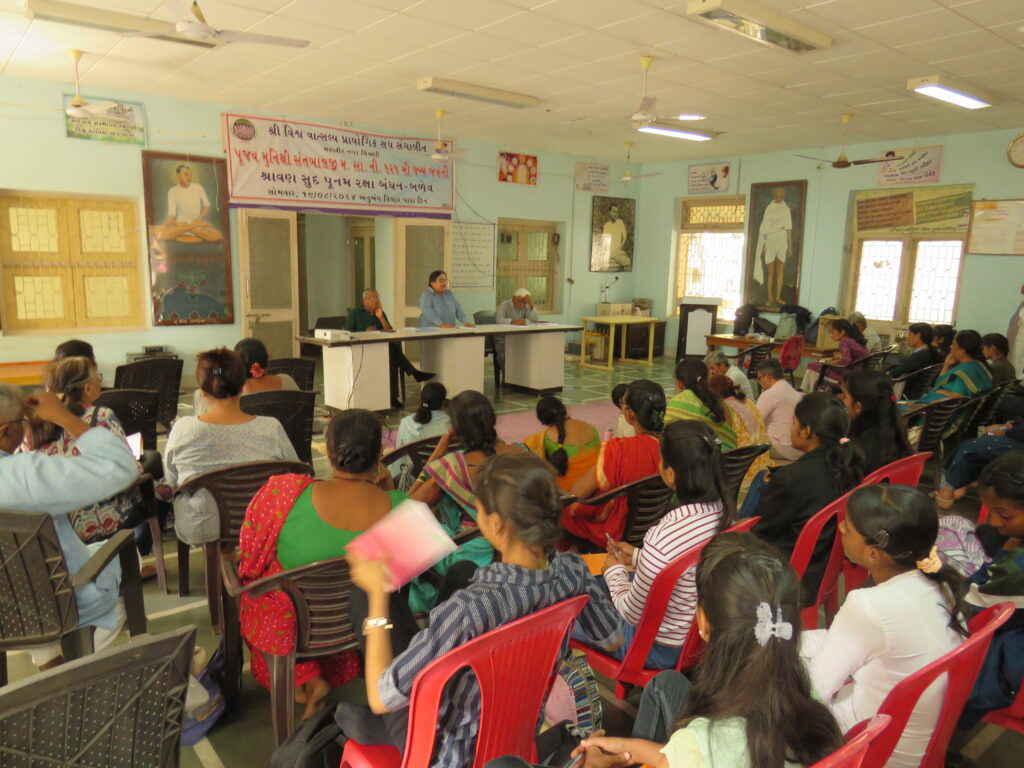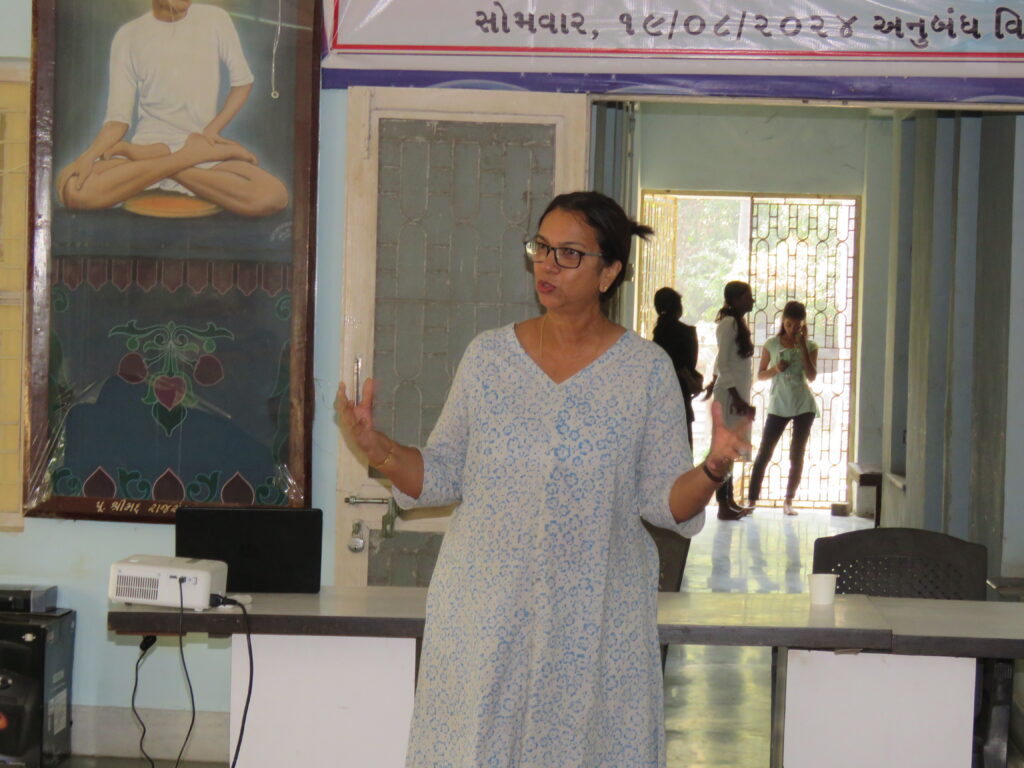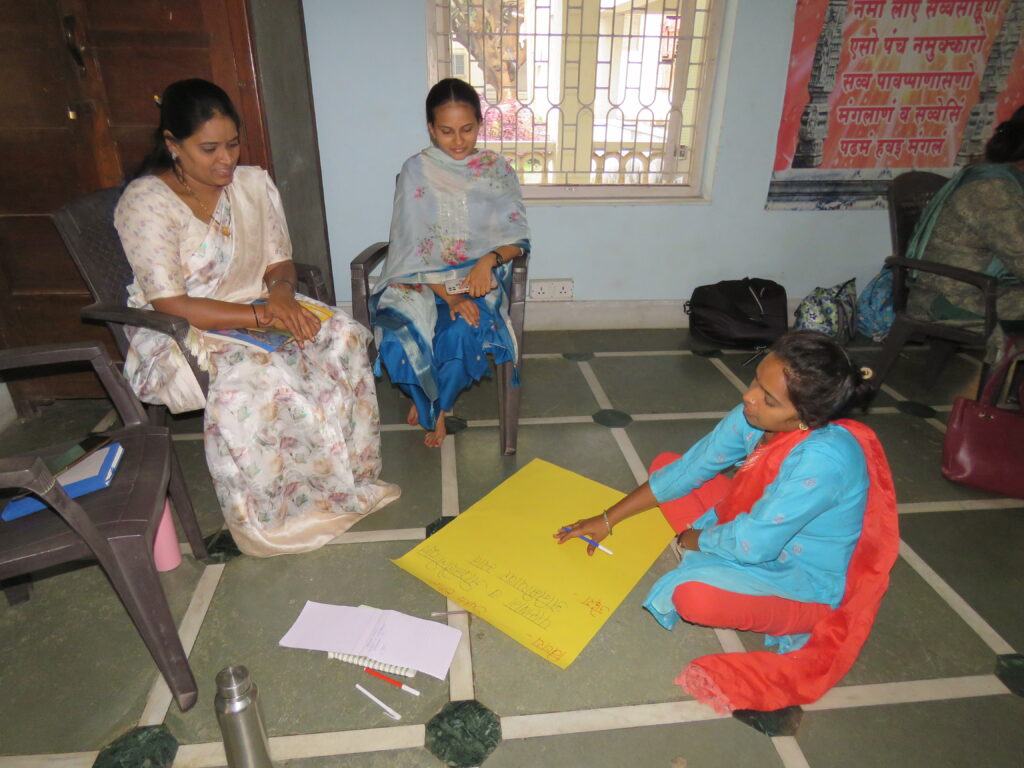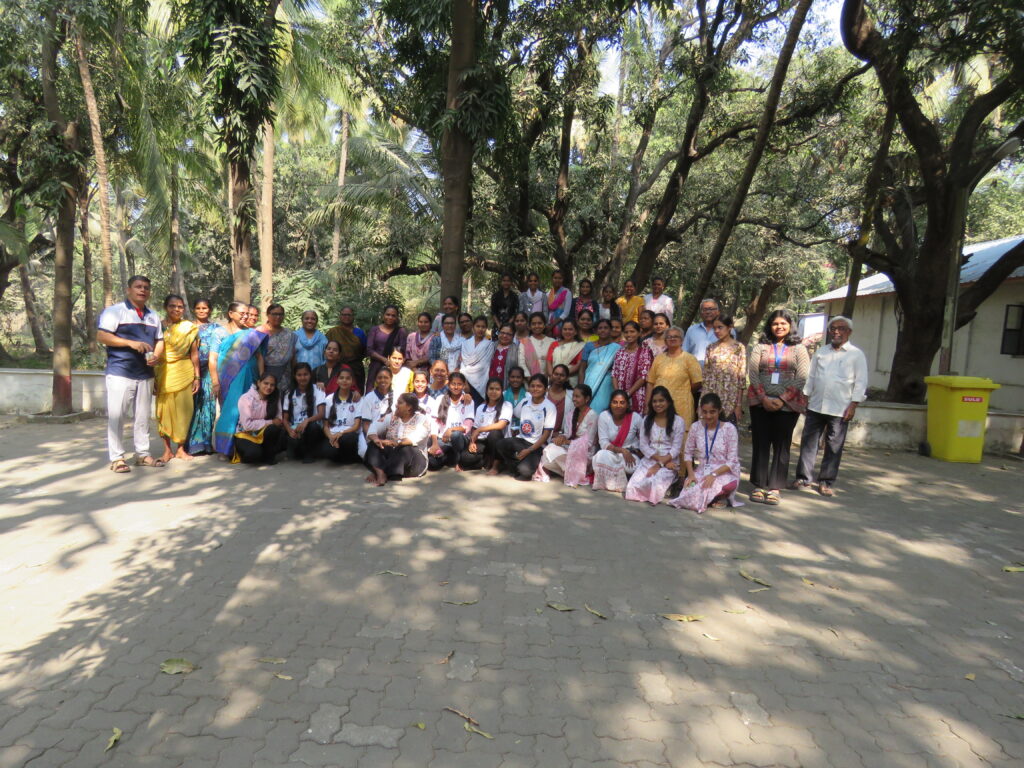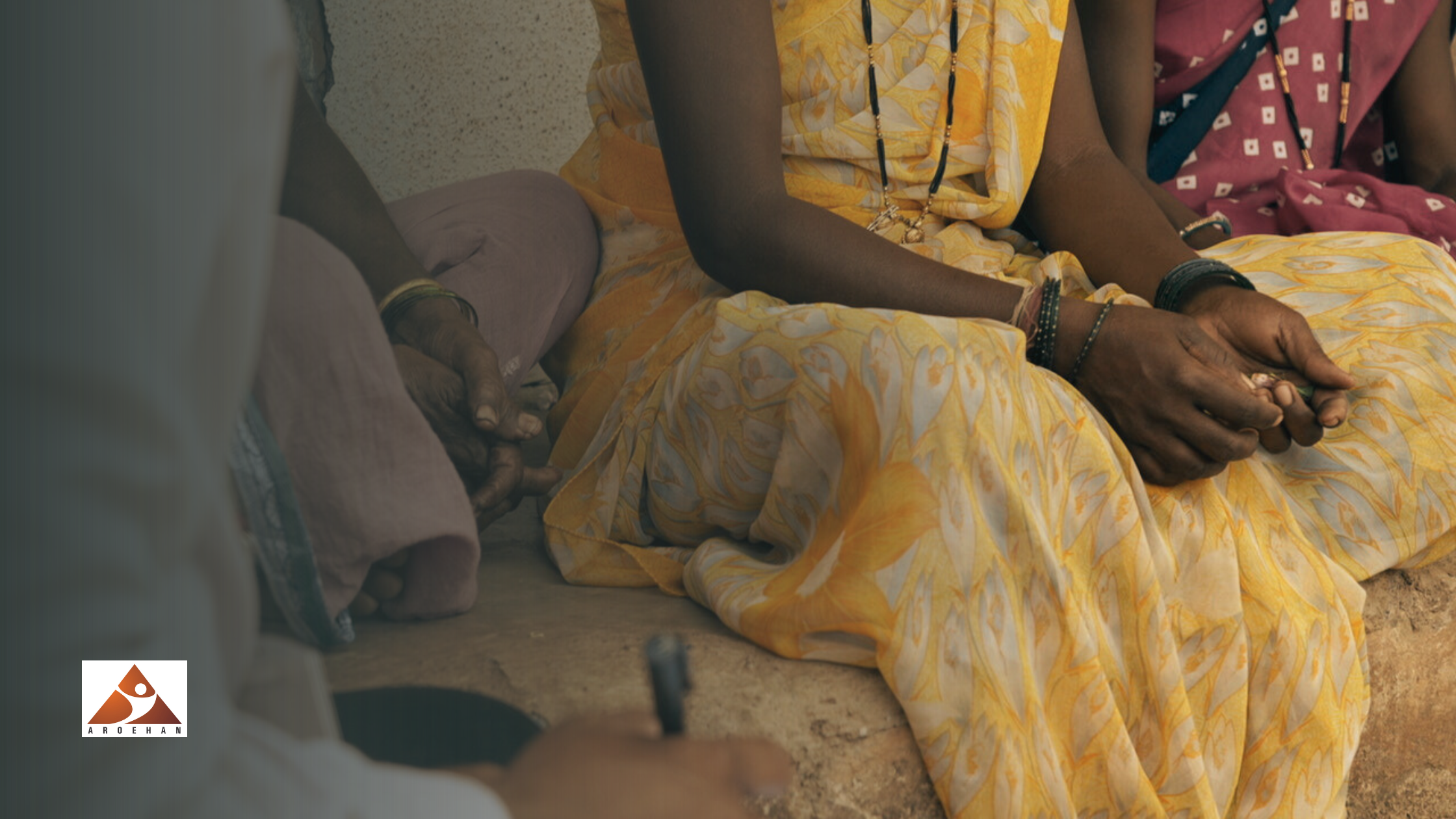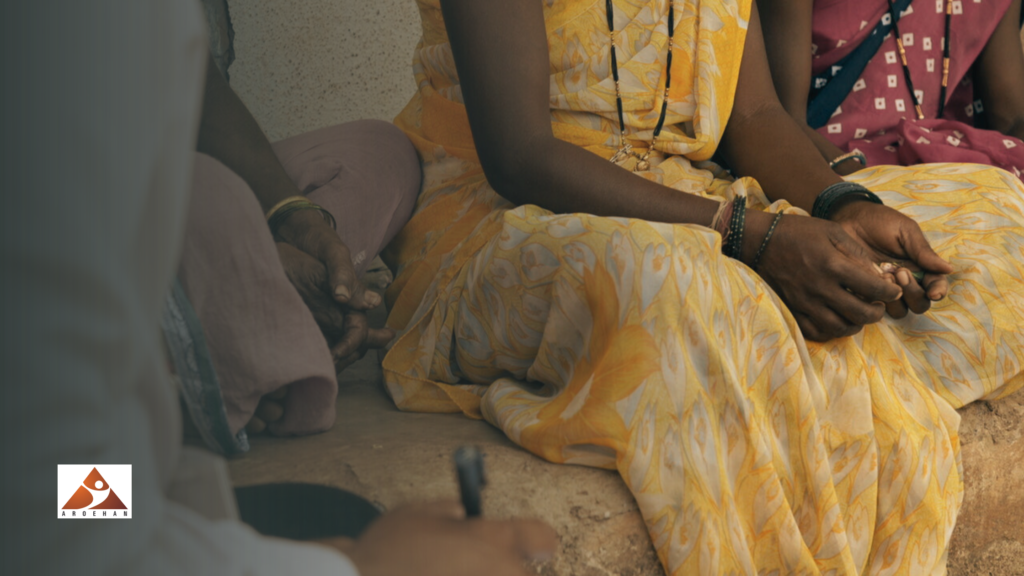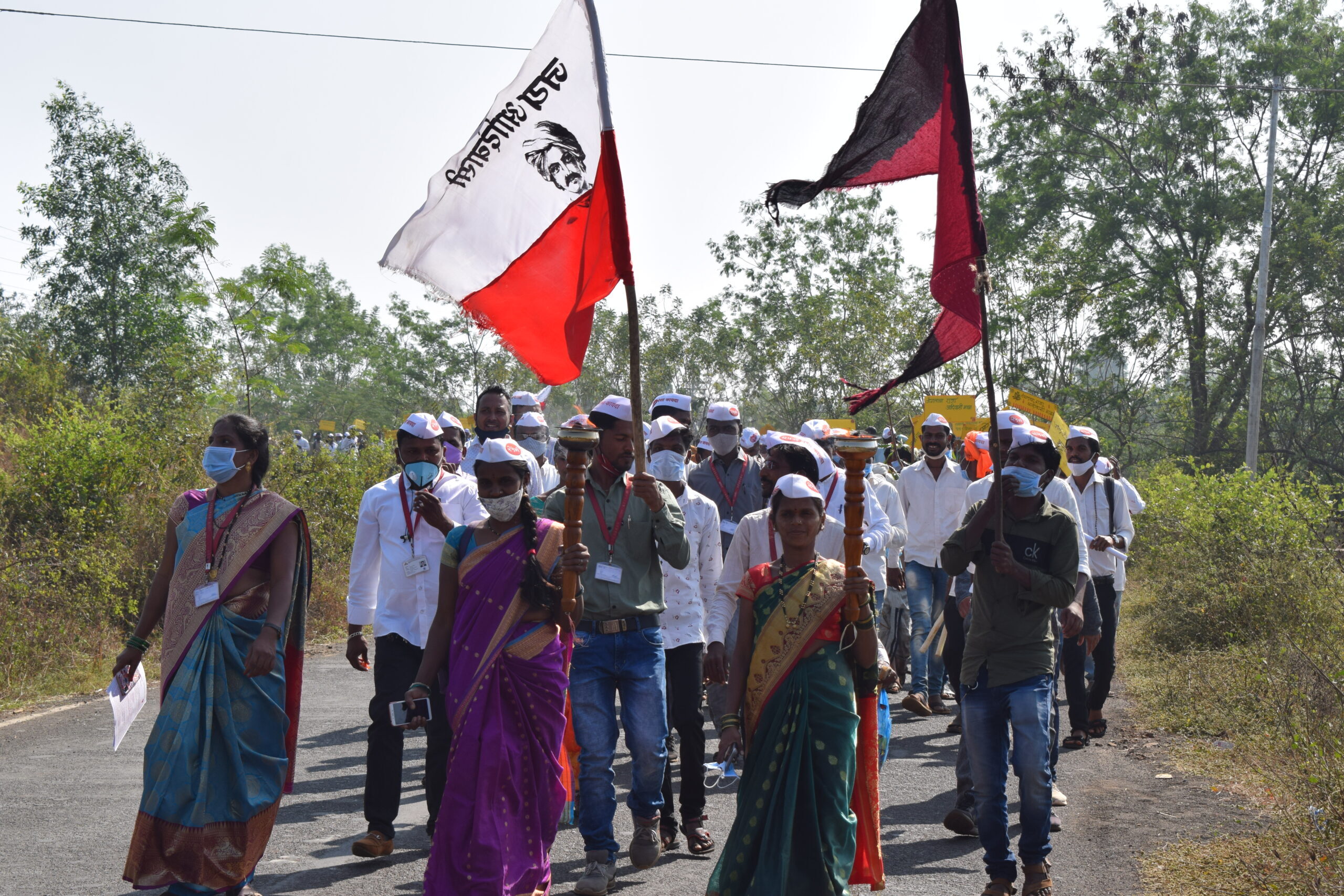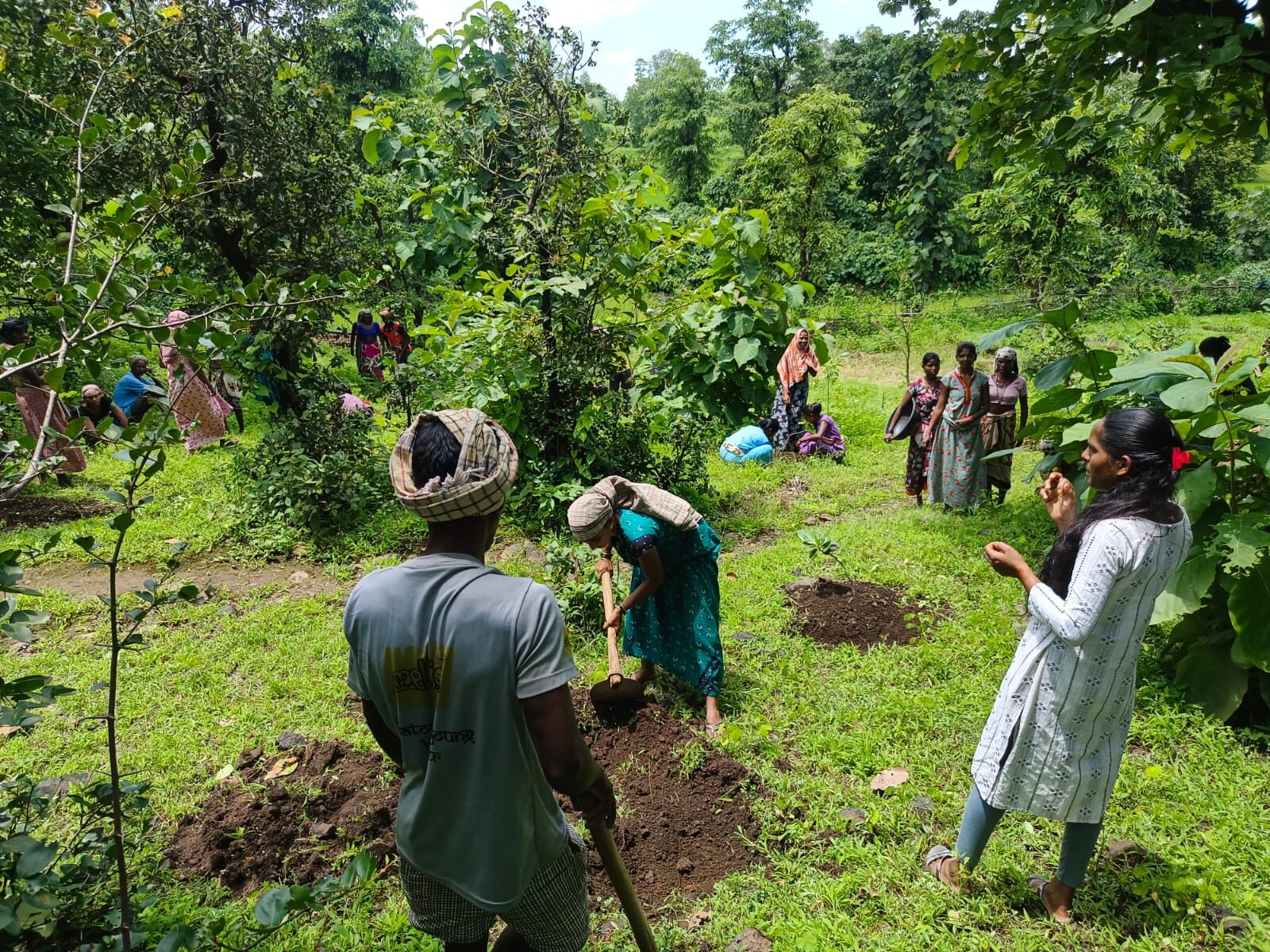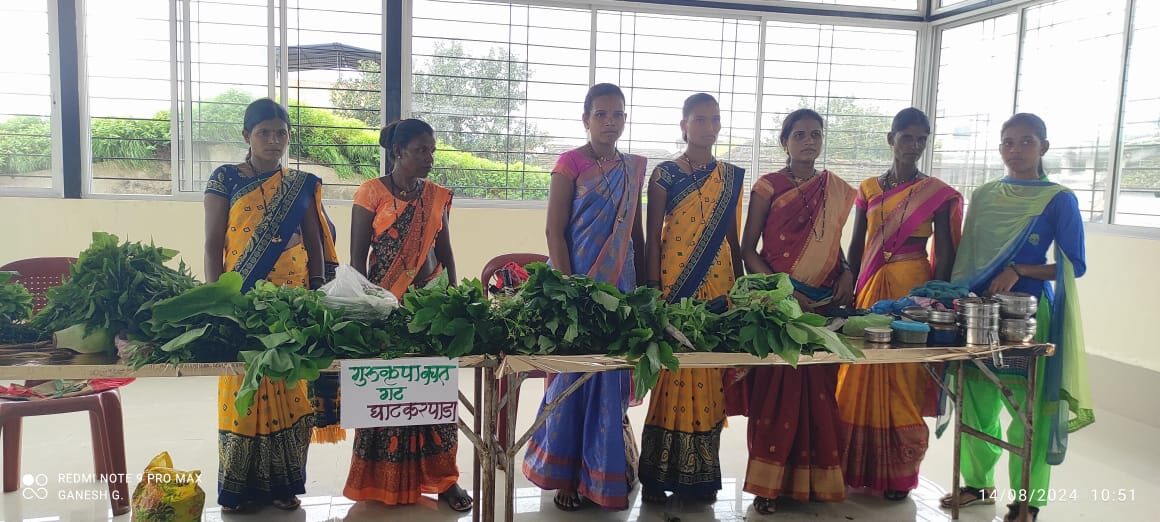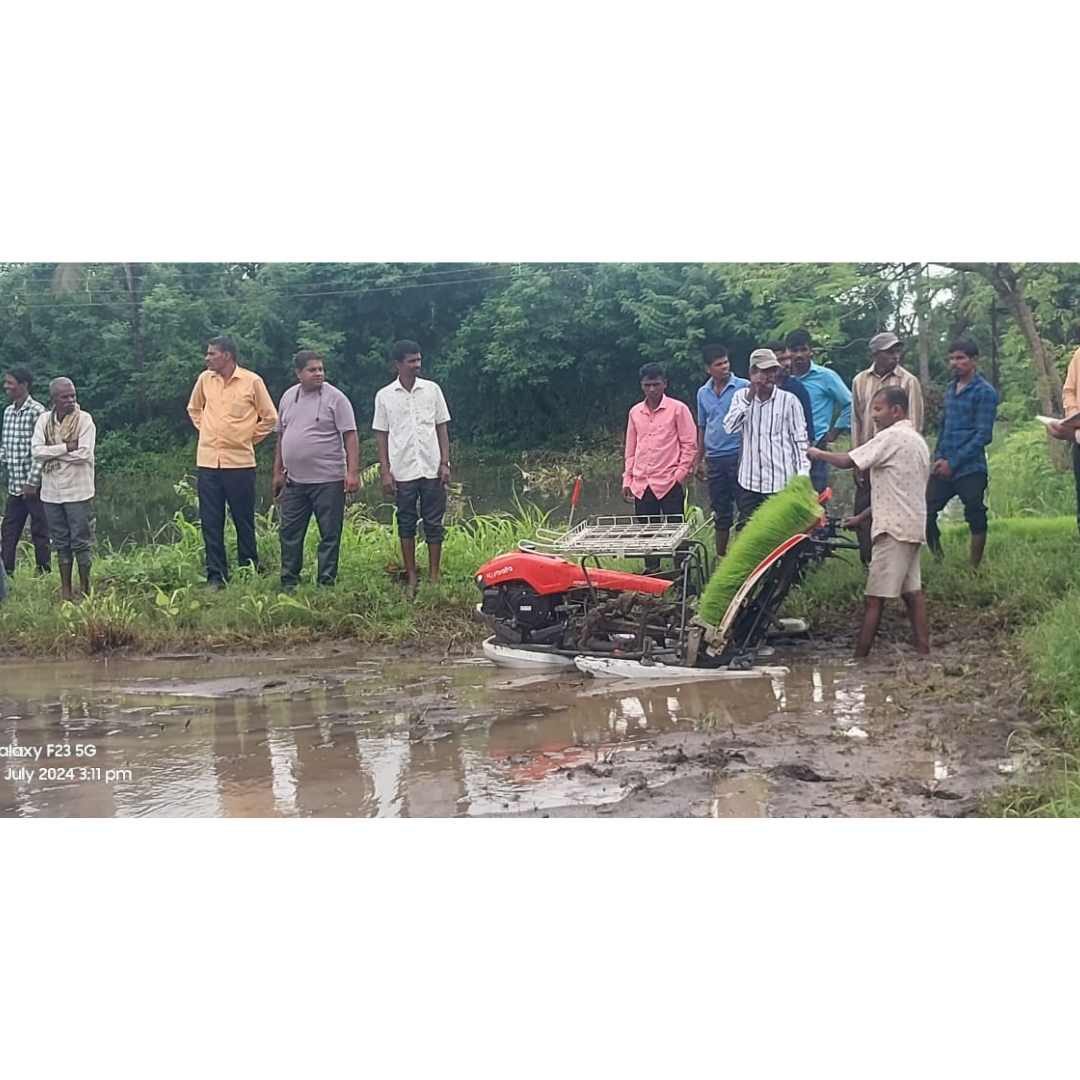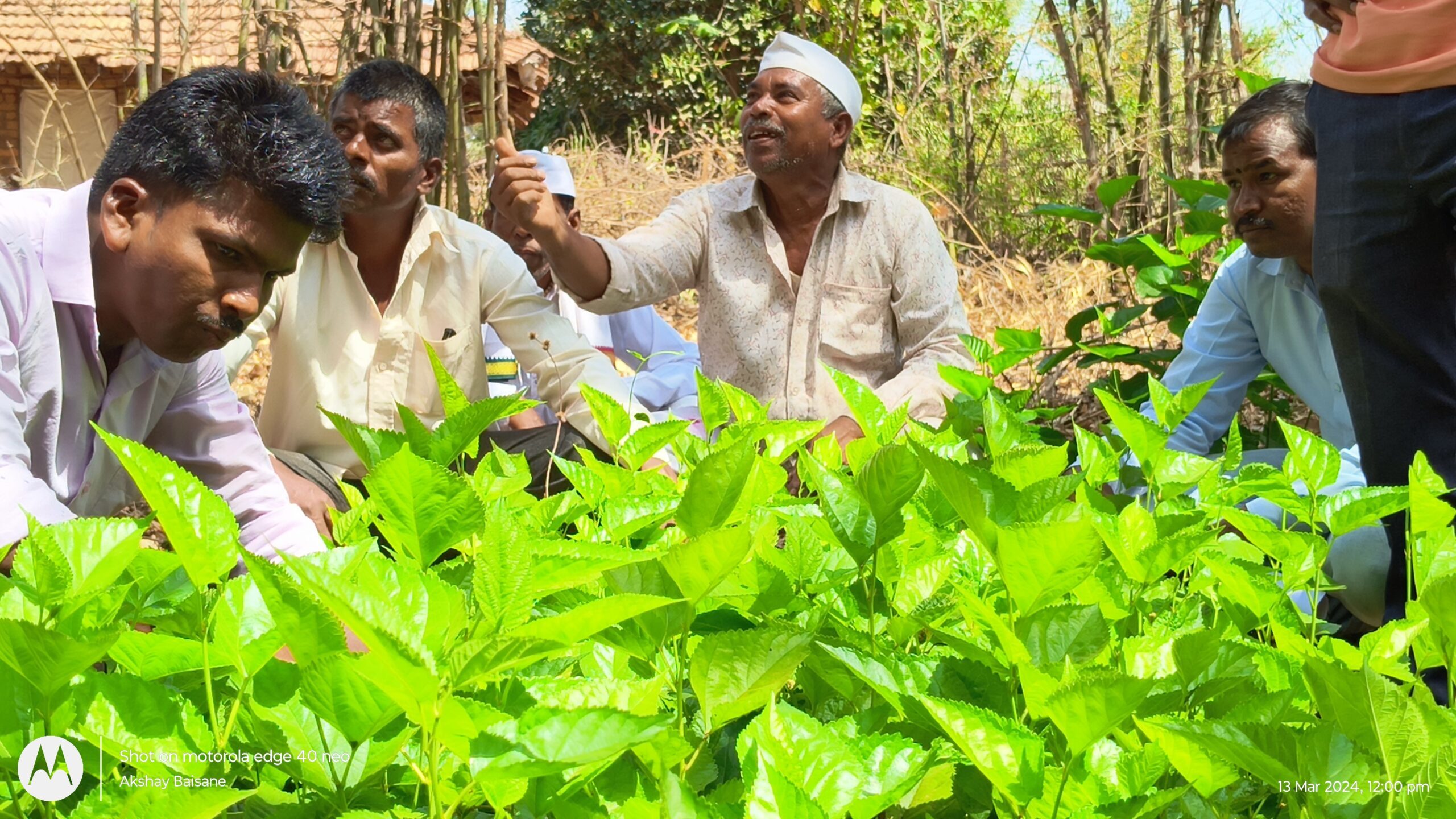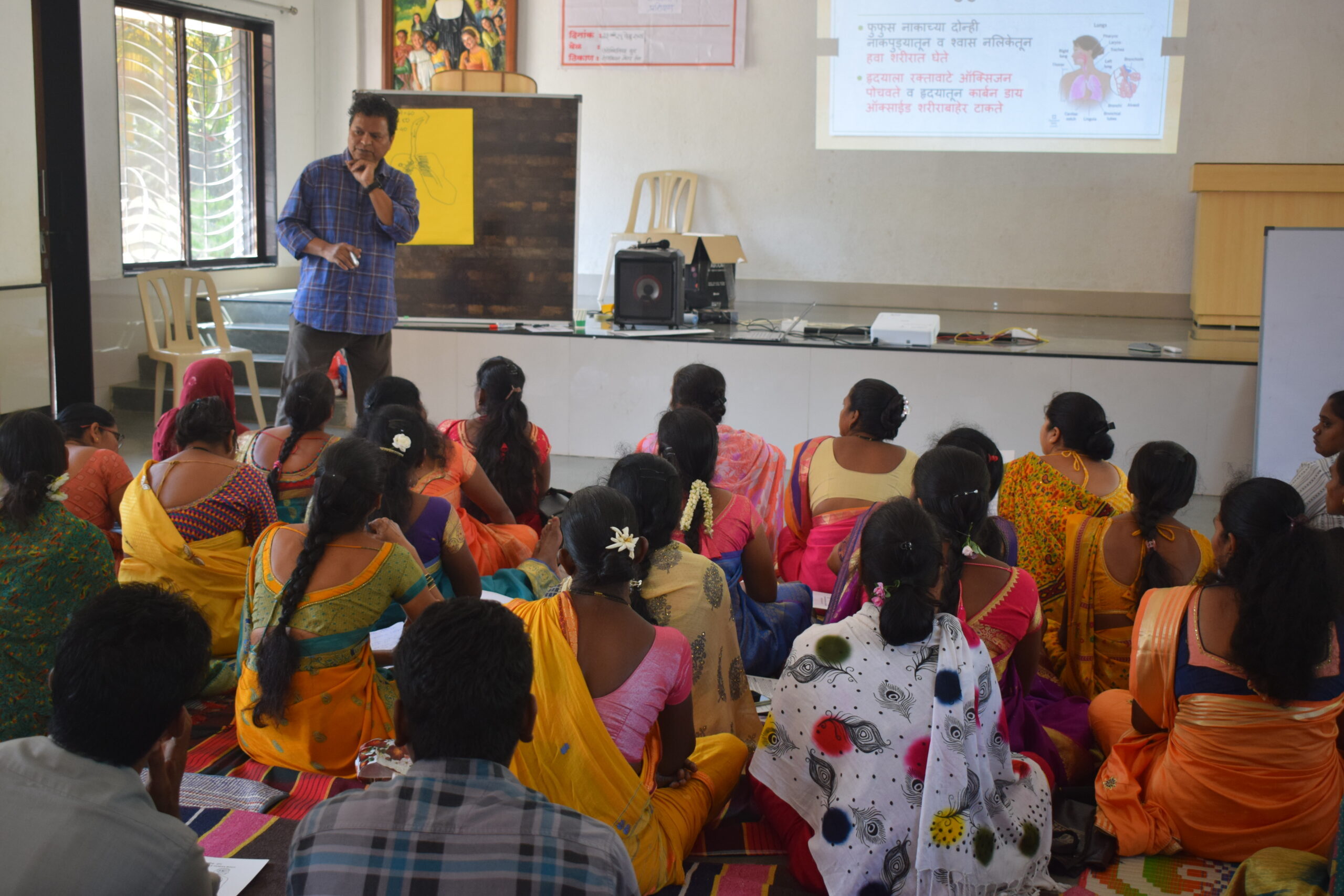Asha Kiran Awards 2025 – A Celebration of Grassroots Changemakers
Recognition instills pride and confidence in individuals and communities, motivating them to continue and expand their work. AROEHAN hosted the third edition of the Asha Kiran Awards, a program that honors individuals and groups working at the grassroots level to bring about sustainable development in their communities. Awardees serve as examples for others, spreading awareness about best practices in health, education, agriculture, and community development. This year’s event took place on the occasion of World Environment Day, June 5, making it all the more meaningful.
A Journey That Began in March
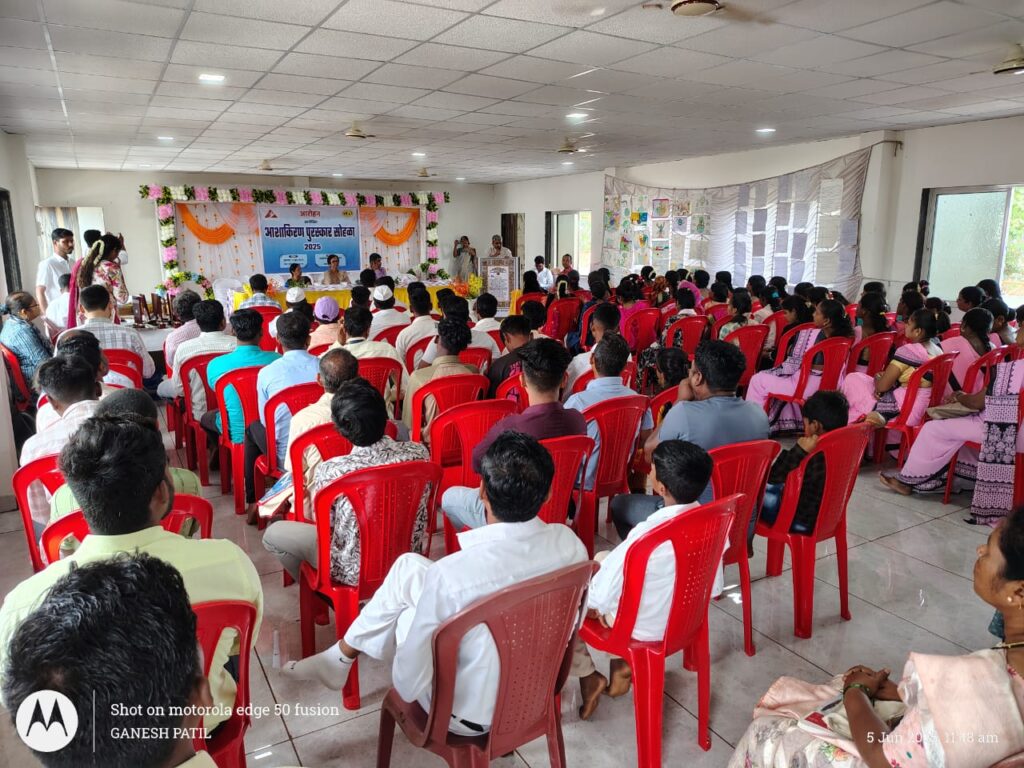
This year, we received 90 nominations, representing the vibrant and diverse efforts of changemakers across different walks of life. AROEHAN activists work for months to identify the local changemakers and rightfully celebrate their work at the Asha Kiran Awards.
In the first phase, AROEHAN team members conducted interviews with all 90 nominees. After a rigorous and thoughtful review process, 36 names were shortlisted in the second phase, distributed across the following categories:
| Category | Number |
|---|---|
| ASHA Workers | 5 |
| Male/Female Farmers | 4 |
| VHSNC (Village Health, Sanitation & Nutrition Committee) | 2 |
| Anganwadi Workers | 7 |
| Sub-Centers | 3 |
| Villages | 5 |
| Schools | 6 |
| Self-Help Groups | 4 |
| Total | 36 |
Honouring Excellence
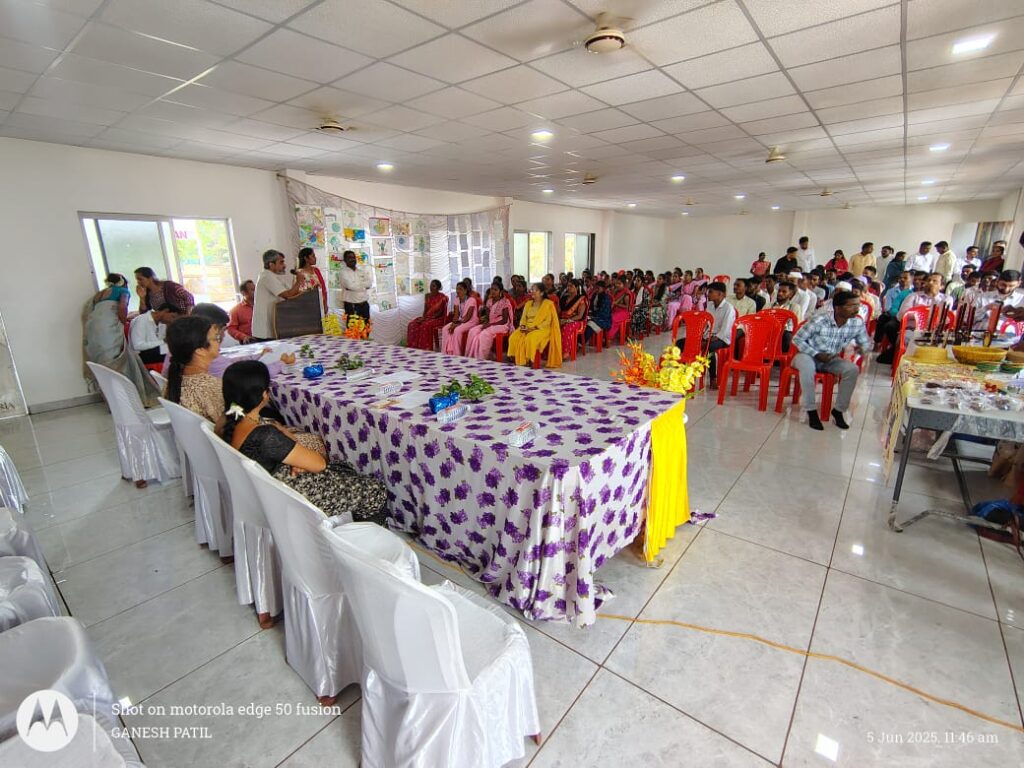
From the 36 shortlisted nominees, 3 individual awards and 5 group awards were presented at today’s event.
Group Awards
| Committee/Group Name | Recipient |
|---|---|
| VHSNC Committee, Gonde | Hemlata Dandekar |
| Anganwadi Center, Dapati | Jyoti Shankar Korde |
| Adarsh Village, Karoli | Mahadu Khirari |
| Zilla Parishad School, Kalamwadi | Shri Bhalchandra Dhangare |
| Swaraj Women’s SHG, Beriste (Umbarpada) | Anita Rathal |
Individual Awards
| Name | Designation |
|---|---|
| Surekha Ganesh Wangad | Woman Farmer |
| Hira Madhukar Korde | ASHA Worker |
| Dr. Bharatkumar Shankar Mahale | Medical Officer |
Highlights from the Ceremony
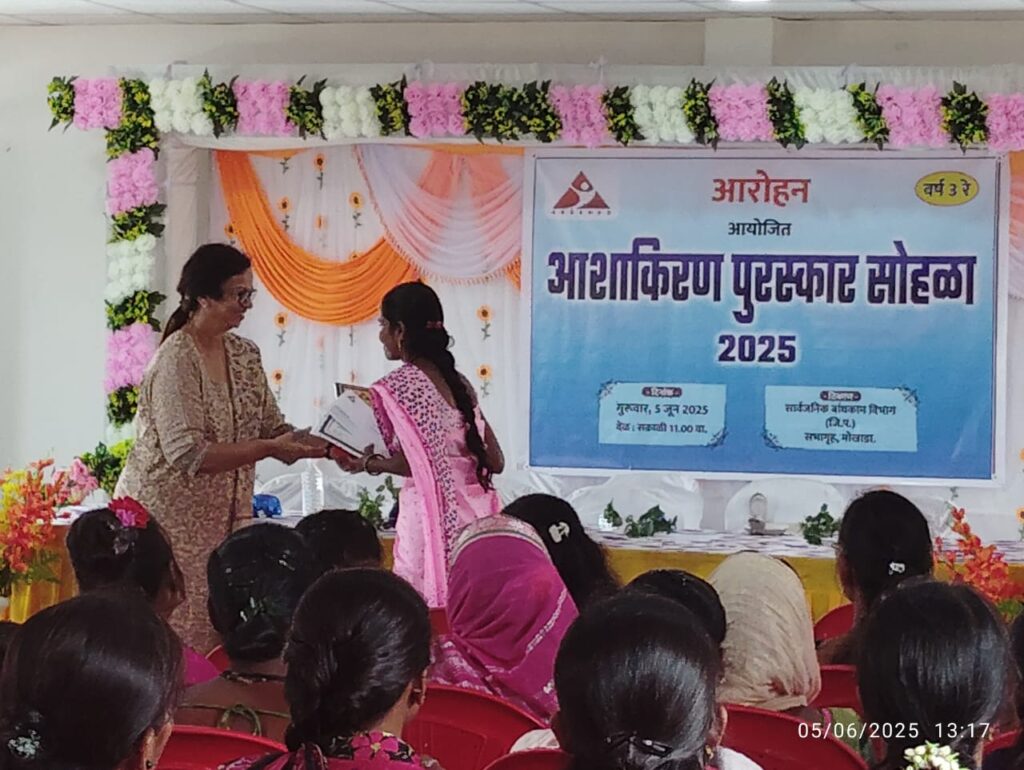
The ceremony opened with a welcome and introduction by AROEHAN CEO Amit Narkar, followed by a reflection on the journey and impact of the Asha Kiran Awards over three years.
Chief Guest – Prakash Nikam, Former ZP President of Palghar District, commended the work of AROEHAN and emphasized the importance of staying connected to our traditional practices.
Kalpana Bhoye, ICDS In-charge, Mokhada, extended greetings on World Environment Day and praised the Asha Kiran initiative as a powerful step toward community empowerment.
Dr. Bharatkumar Mahale, a recipient of the individual award, expressed his gratitude and shared that the sonography machine installed at the Rural Hospital through AROEHAN’s efforts is now being actively used, with additional support forthcoming.
Mohan Surve, member of AROEHAN’s Board of Trustees, reflected on the growth of the initiative. He stated that Asha Kiran is a beautiful step that reflects the spirit of community action. AROEHAN’s mission has been a success due to mutual trust from the communities.
The ceremony was concluded with heartfelt words by Anjali Kanitkar, Secretary of AROEHAN: “When AROEHAN was started in Mokhada, it was guided only by a dream. The organization’s progress has been reflected in ceremonies like the Asha Kiran Awards being held on Environment Day. However, it was emphasized that more work still needs to be done, particularly in waste management, which must be adapted to meet the current needs.”
The Asha Kiran Awards 2025 were more than just an award ceremony—they were a celebration of community, sustainability, and the quiet power of local leadership. As we look to the future, AROEHAN remains committed to recognizing and supporting the unsung heroes who light the way forward.
